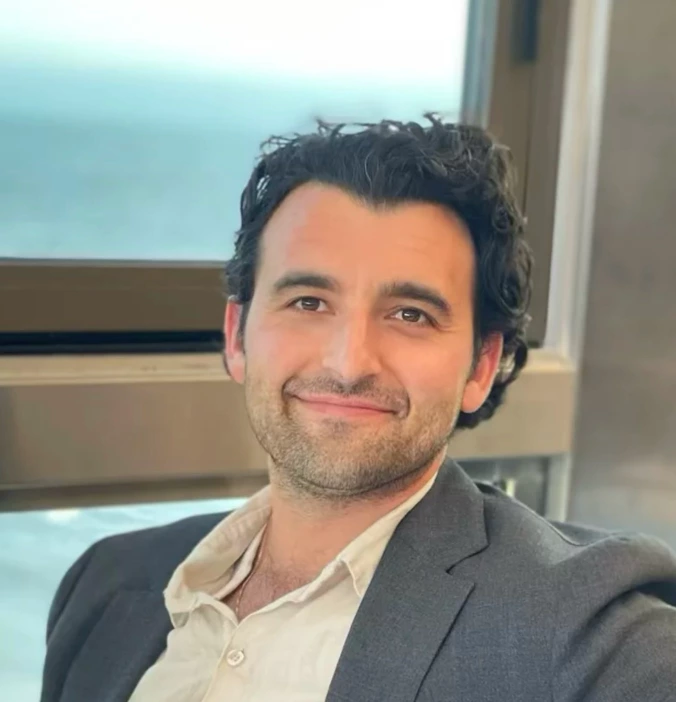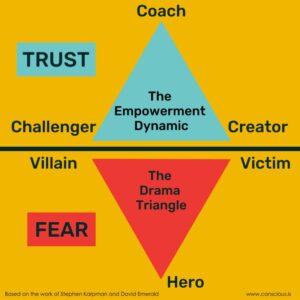Every executive says they want accountability. The real test is whether they can practice it themselves.
Seeing yourself in the mirror is one thing. Owning what you see is another.
An executive I coached had just promoted one of their top performers into management. A few months later, they came to me with a familiar concern: “They’re struggling with executive presence and strategic thinking. What do I tell them to do differently?“
It’s the kind of question that sounds productive, but it often keeps executives managing symptoms instead of examining the system they’re part of. What they’re really asking is, “How do I fix them?”
The breakthrough moment came when I asked: “You’re part of this relational system. What are you doing or not doing that might be contributing to their struggle?”
They paused. Then came the resistance I hear so often: “I don’t have time to change how I’m behaving just for them. Maybe I was wrong, and they aren’t cut out to lead.“
That’s often the moment executives pull back, stepping away from the tension instead of getting curious about it.
The System Is the Problem
As Paul Batalden said, “Every system is perfectly designed to get the results it gets.”
If this pattern keeps showing up with this person or others, it’s not a coincidence. It’s the system reflecting itself back to you.
You can’t train your way out of a relationship dynamic you haven’t examined. Leadership isn’t learned in isolation; it’s revealed in relationship.
That’s what ownership is about.
Ownership Isn’t Blame
Ownership isn’t blame. It’s acknowledgement. It’s seeing how you may have contributed, consciously or not, to the outcome you’re triggered by.
Maybe:
- They don’t read the room because they’re too busy reading you.
- They’re too focused on the short term because you’ve emphasized urgency over strategy.
- They avoid hard conversations because they’ve seen you do the same.
- You have to double-check everything because you’ve never defined what “done well” means to you.
This isn’t guilt. It’s growth.
Ownership turns the spotlight from blame to contribution, from “What’s wrong with them?” to “What’s my role in this outcome?”
Awareness Without Ownership Changes Nothing
But ownership, grounded in acknowledgement, humility, and compassion, changes everything.
When you examine your role in the dynamic, you move from managing symptoms to addressing root causes. You shift from fixing the person to fixing the relationship. You stop waiting for them to change and start creating the conditions where change becomes possible.
This is the work that generic leadership programs miss. They focus on skills without addressing the relational system that shapes how those skills show up. They teach techniques without examining the dynamics that either enable or undermine them.
If you’re wondering what your irritations with a promoted leader reveal about you, and you’re curious how you might be contributing to the patterns keeping both of you stuck, let’s talk about what real leadership development looks like.
If this article resonated with you let’s connect on LinkedIn!




